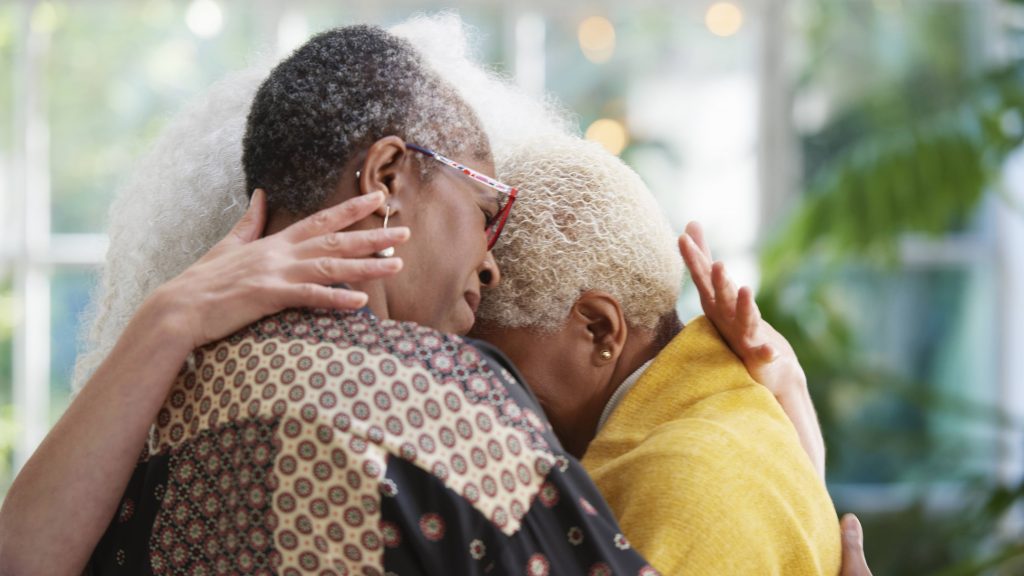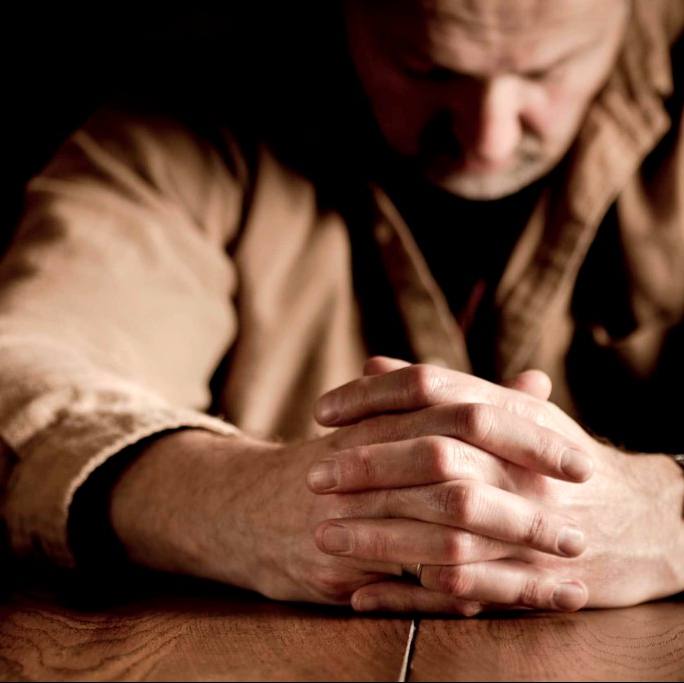
Losing a loved one is one of the most distressing and, unfortunately, common experiences people face. Most people experiencing normal grief and bereavement have a period of sorrow, numbness, and even guilt and anger. Gradually these feelings ease, and it's possible to accept the loss and move forward.
This article is written by Mayo Clinic Staff.
___________________________________________________
But for some people, feelings of loss are debilitating and don't improve even after time passes. This is known as complicated grief, sometimes called persistent complex bereavement disorder. In complicated grief, painful emotions are so long-lasting and severe that you have trouble recovering from the loss and resuming your own life.
Different people follow different paths through the grieving experience. The order and timing of these phases may vary from person to person:
- Accepting the reality of your loss
- Allowing yourself to experience the pain of your loss
- Adjusting to a new reality in which the deceased is no longer present
- Having other relationships
These differences are normal. But if you're unable to move through these stages more than a year after the death of a loved one, you may have complicated grief. If so, seek treatment. It can help you come to terms with your loss and reclaim a sense of acceptance and peace.
Symptoms
During the first few months after a loss, many signs and symptoms of normal grief are the same as those of complicated grief. However, while normal grief symptoms gradually start to fade over time, those of complicated grief linger or get worse. Complicated grief is like being in an ongoing, heightened state of mourning that keeps you from healing.
Signs and symptoms of complicated grief may include:
- Intense sorrow, pain and rumination over the loss of your loved one
- Focus on little else but your loved one's death
- Extreme focus on reminders of the loved one or excessive avoidance of reminders
- Intense and persistent longing or pining for the deceased
- Problems accepting the death
- Numbness or detachment
- Bitterness about your loss
- Feeling that life holds no meaning or purpose
- Lack of trust in others
- Inability to enjoy life or think back on positive experiences with your loved one
Complicated grief also may be indicated if you continue to:
- Have trouble carrying out normal routines
- Isolate from others and withdraw from social activities
- Experience depression, deep sadness, guilt or self-blame
- Believe that you did something wrong or could have prevented the death
- Feel life isn't worth living without your loved one
- Wish you had died along with your loved one
When to see a health care provider
Contact your health care provider or a mental health professional if you have intense grief and problems functioning that don't improve at least one year after the passing of your loved one.

If you have thoughts of suicide
At times, people with complicated grief may consider suicide. If you're thinking about suicide, talk to someone you trust. If you think you may act on suicidal feelings, call 911 or your local emergency services number right away. Or call a suicide hotline number. In the United States, call the Suicide & Crisis Lifeline by dialing 988 to reach a trained counselor.
Causes
It's not known what causes complicated grief. As with many mental health disorders, it may involve your environment, your personality, inherited traits and your body's natural chemical makeup.
Risk factors
Complicated grief occurs more often in females and with older age. Factors that may increase the risk of developing complicated grief include:
- An unexpected or violent death, such as death from a car accident, or the murder or suicide of a loved one
- Death of a child
- Close or dependent relationship to the deceased person
- Social isolation or loss of a support system or friendships
- Past history of depression, separation anxiety or post-traumatic stress disorder (PTSD)
- Traumatic childhood experiences, such as abuse or neglect
- Other major life stressors, such as major financial hardships

Complications
Complicated grief can affect you physically, mentally and socially. Without appropriate treatment, complications may include:
- Depression
- Suicidal thoughts or behaviors
- Anxiety, including PTSD
- Significant sleep disturbances
- Increased risk of physical illness, such as heart disease, cancer or high blood pressure
- Long-term difficulty with daily living, relationships or work activities
- Alcohol, nicotine use or substance misuse
Prevention
It's not clear how to prevent complicated grief. Getting counseling soon after a loss may help, especially for people at increased risk of developing complicated grief. In addition, caregivers providing end-of-life care for a loved one may benefit from counseling and support to help prepare for death and its emotional aftermath.
- Talking. Talking about your grief and allowing yourself to cry also can help prevent you from getting stuck in your sadness. As painful as it is, trust that in most cases, your pain will start to lift if you allow yourself to feel it.
- Support. Family members, friends, social support groups and your faith community are all good options to help you work through your grief. You may be able to find a support group focused on a particular type of loss, such as the death of a spouse or a child. Ask your doctor to recommend local resources.
- Bereavement counseling. Through early counseling after a loss, you can explore emotions surrounding your loss and learn healthy coping skills. This may help prevent negative thoughts and beliefs from gaining such a strong hold that they're difficult to overcome.
Related posts:
- Coronavirus grief: Coping with the loss of routine during the pandemic
- Mayo Clinic Q&A podcast: Helping children cope with grief and death
- Grief: Coping with reminders after a loss
- Connecting Patients: A different kind of grief in these times
Related Articles







